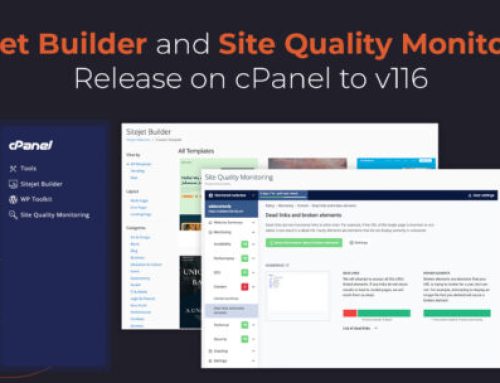Every website has to be hosted by a web hosting service provider in order to get published on the web. Success of websites to some extent depends upon the web space it occupies and the speed with which it loads. When you do not have enough web space, you could end up with a website that frequently crashes. Opting for space which you wouldn’t need will have you paying in excess for the services. Which is why, identifying the right amount of web space for your website is the key to success. This will totally depend on what kind of website you plan to build.
Your website may consists of files such as HTML files, images, videos, flash files, and textual content. It could also contain email accounts, along with built-in programs or scripts. The larger the files, the more web space you’re going to need.
You can start by identifying the average size of every web page and multiply it by the number of web pages you plan to incorporate into your website. It is important that the current web hosting space allows room for future incorporations too in case you plan business expansion or the number of visitors grow. Except yours is an e-commerce site or your website has huge audio video files, you might not need unlimited data space.
Types of Files – Identify What Category Your Website Falls Into
- If you have a simple static website with minimal data, and just 5-6 web pages, then you wouldn’t require much space.
- If your website features dynamic content with image files, A/V files, and scripts in programming language then you would need optimal space to accommodate this amount of content.
- Personal bloggers will have to determine space based on their requirements in terms of textual content as well as images and video files they intend to upload.
- E-commerce sites and websites dedicated exclusively for gaming, music, or videos will have a huge data space requirements.
- Web space will also be affected if you have active email accounts in addition to your website. Emails usually occupy a lot of disk space, especially if there’s a lot of spam.
- The amount of Web hosting space you need is also influenced by the amount of traffic you expect on your website. You need an estimate of average monthly visitors to your website and the number of pages possibly viewed during a single visit. Every time a visitor lands on your website, when a page is accessed, and when data is uploaded or downloaded from your website, it directly affects the amount of bandwidth you require.
To conclude, having an idea about the approximate size of every single web page will help you decide the required amount of web hosting space. You must therefore know what you’re planning to incorporate on your website. You need to decide whether you plan to put up videos or just a combination of text and a few images. Understanding the overall structure of your website will help you decide the requirement of your website. While estimating the limit of the web space, it is important that you consider the future scaling options too. In essence, today you might be hosting a simple website with minimal space requirements, but if you were to expand your business, you might have to rethink about the web space limit.











Leave A Comment
You must be logged in to post a comment.